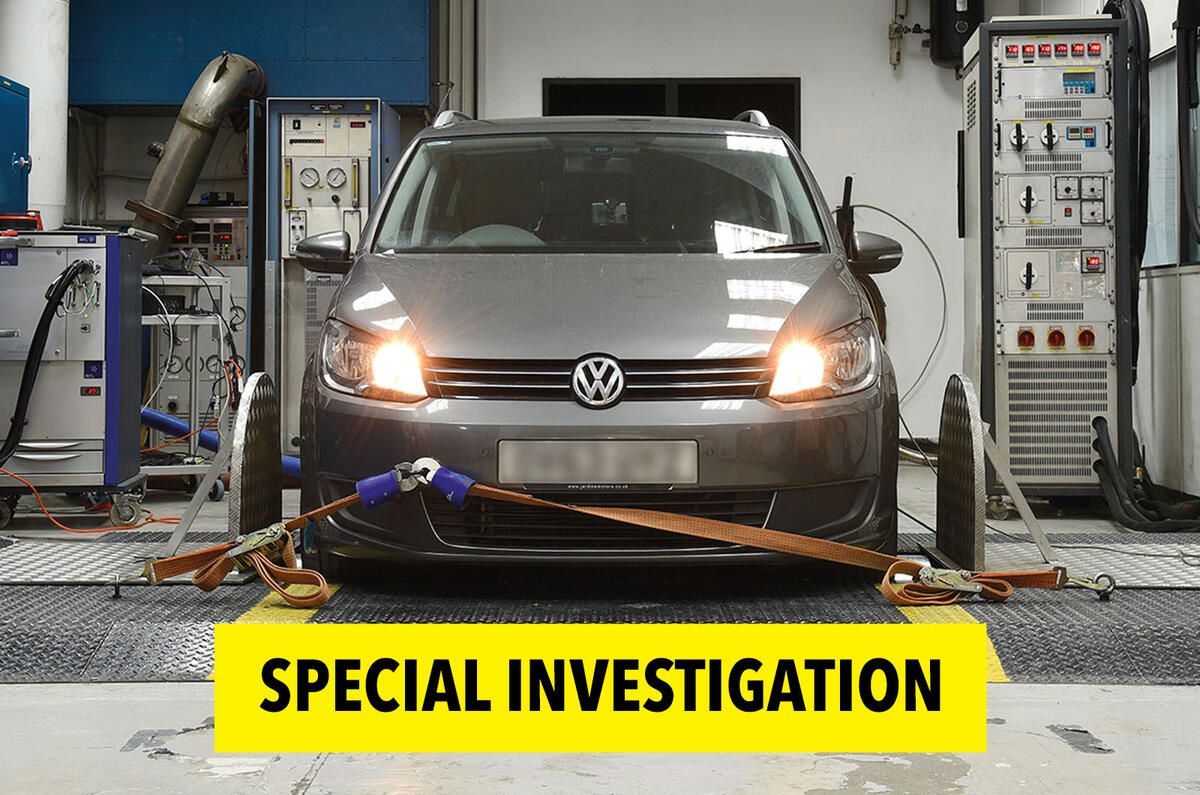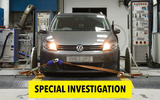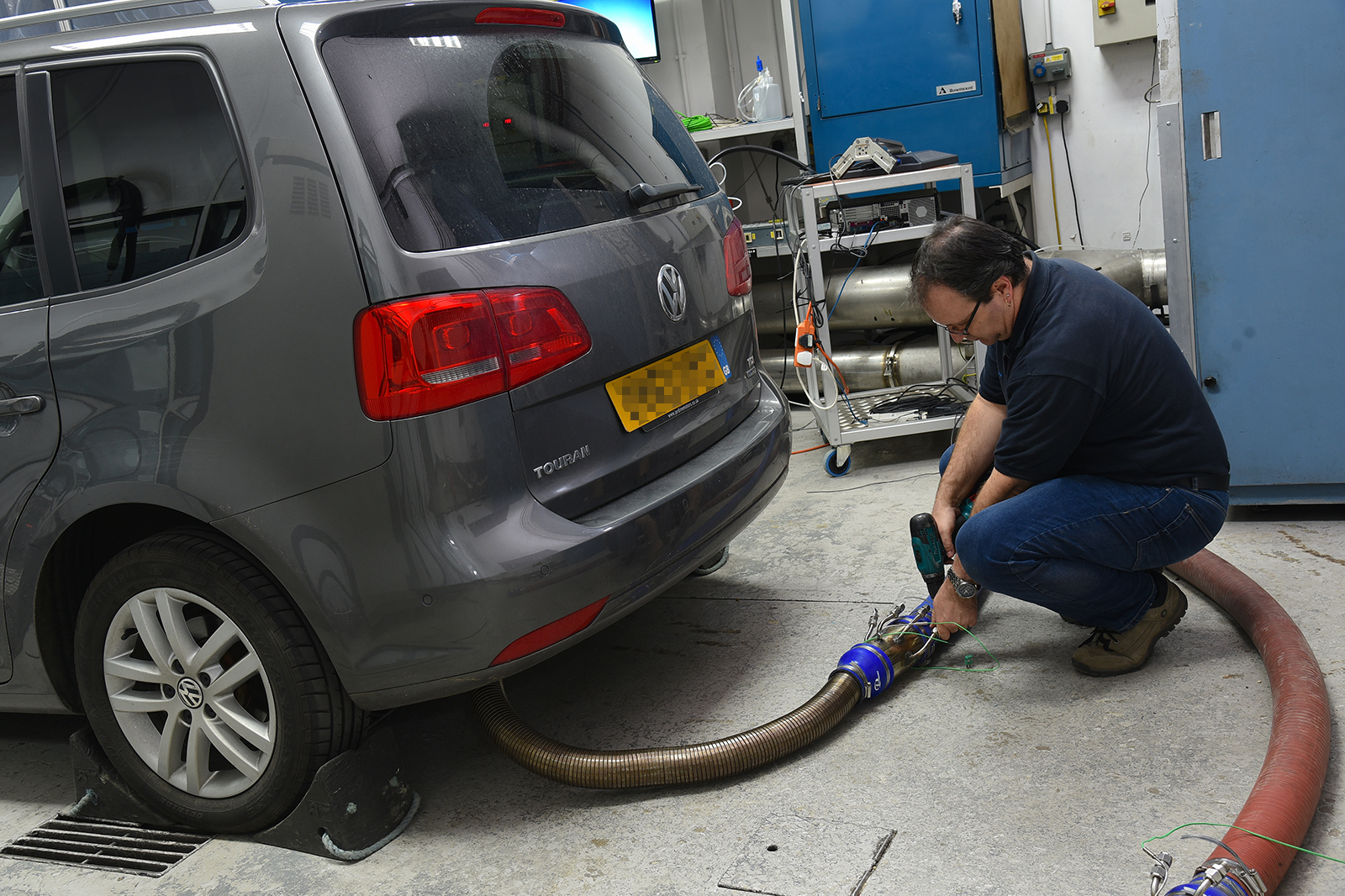An Autocar test has revealed that the fix Volkswagen is applying to diesel-powered cars fitted with its emission-cheating software can have an adverse impact on fuel economy in the real world.
VW fitted more than 1.2 million cars sold in the UK with software that allowed the car to know when it was undergoing emissions tests in order for its NOx emissions to reach legal levels. It is now having to apply a technical fix to all affected cars and has done so to more than 600,000 at present.
The Autocar test was conducted at Millbrook Proving Ground to the standard set by the True MPG real-world test cycle of our sister title What Car?. The test used the latest international standard equipment for testing vehicles in a scientific and repeatable manner to industry standards.
Comment: what does our VW dieselgate fix test prove?
It revealed that while NOx emissions were almost halved from 0.639g/km pre-fix to 0.351g/km post-fix, our test car’s combined fuel economy had fallen from 50.72mpg to 47.61mpg. This means that its CO2 emissions increased from 147.3g/km to 156.9g/km, a change of 6.5%.
The car we tested belonged to reader Jonathan Mudd and was a 2013 Volkswagen Touran fitted with the EA189 1.6-litre diesel engine, one of three units sold in the UK by VW fitted with the cheat software that needs correcting.

The economy drop is at odds with VW’s insistence that its technical fix has no impact on a car’s performance or economy. VW’s claim is based on back-to-back NEDC tests — the lab-based test cycle by which VW is being measured by the authorities — and has been verified by the KBA, Germany’s motor vehicle regulatory body.

























Join the debate
Add your comment
German cars lol
The fact is that the design of the egr valve hasn’t changed since 1972. For all it’s initial emissions attributes when the valve “clogs” the subsequent black smoke is thousands of times more toxic. In a matter of days that toxicity overtakes any advantage gained in the preceding year. Manufacturers and governments recognise this but are afraid to be implicated. Now with the strength of the internet this collusion is being discovered.
VW EMISSIONS
So let's get this straight
Has it not occured to people that VW appears to have cheated because they could not engineer the engines to perform as well as the competition and when they do meet their emissions targets the power is down etc etc etc...this appears to be the reason for not being able to tell the truth regarding the emissions of their engines in the first place.
test
test